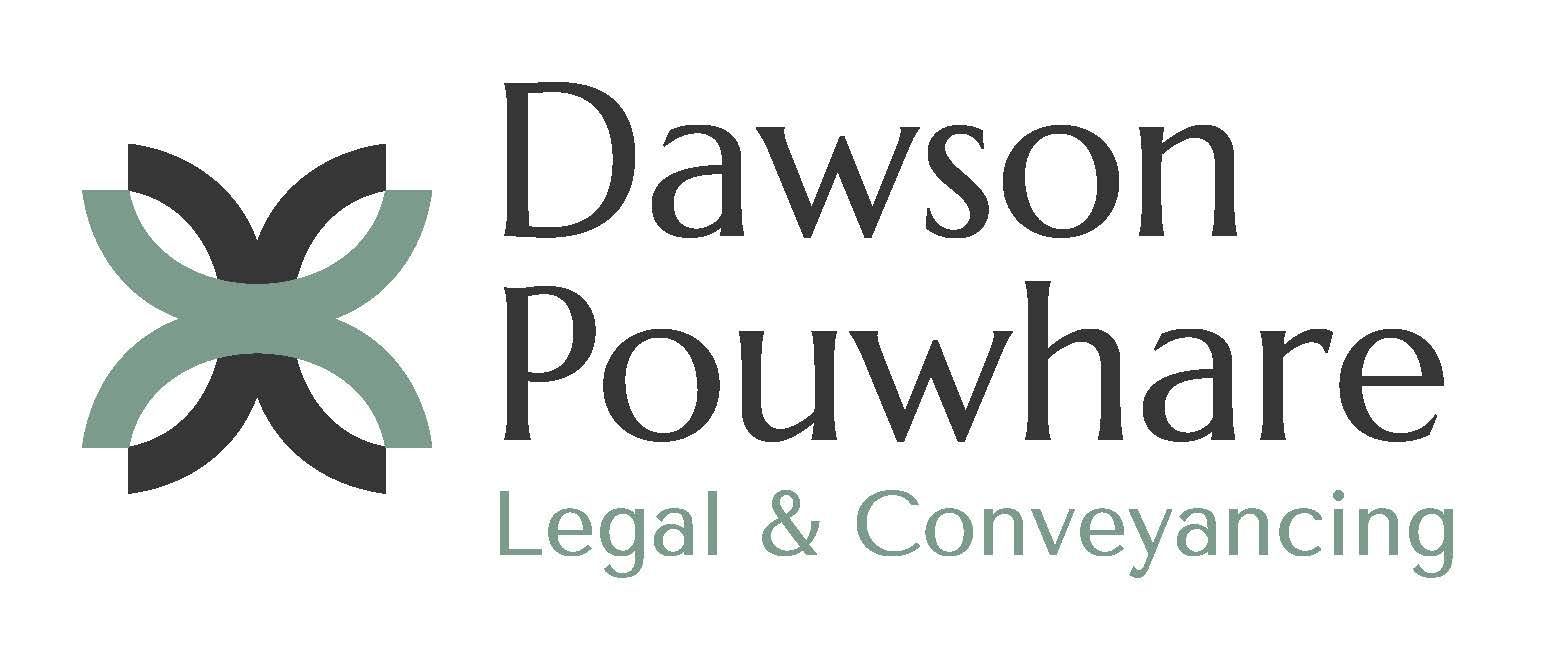By Jamie Lee Pouwhare
•
January 16, 2026
Across New South Wales, an increasing number of families are becoming involved in legal disputes following the death of a loved one. Contested estates are now a growing and costly issue, often arising where estate planning has not kept pace with changing family circumstances, asset values, or legal requirements. Recent reporting has highlighted a steady rise in people dying: • without a valid Will, • with an outdated Will, or • with a Will that is unclear, incomplete, or open to challenge. As a result, applications relating to contested estates before the Supreme Court of New South Wales have increased significantly in recent years. This trend underscores the importance of careful, proactive estate planning. A properly prepared and up-to-date Will can help ensure your wishes are carried out and reduce the risk of disputes between those you leave behind. Contested estates are a growing problem in NSW In 2024 alone, more than 1,400 estate disputes were commenced in NSW. These included: • Family provision claims, where an eligible person argues that adequate provision was not made for them under a Will (or under intestacy), and • Contentious probate proceedings, where the validity of a Will itself is challenged. At the same time, it is estimated that close to 60% of people in NSW die without a valid Will. In these cases, the estate is distributed according to the rules of intestacy under the Succession Act 2006 (NSW), rather than according to the deceased’s personal wishes. For families with blended relationships, estrangements, de facto partners, or significant property holdings, intestacy often produces outcomes that were never intended and can fuel conflict between family members. Why are contested estates increasing? Several factors are contributing to the rise in estate disputes across NSW. Rising property values For many families, the family home is the most valuable asset in the estate. With median property prices in Sydney and surrounding regions now exceeding $1 million, estates that were once modest have become substantial. As estate values increase, so too does the incentive to challenge a Will or make a claim. Lack of valid Wills DIY Wills, online templates, and low-cost “off-the-shelf” options frequently fail to meet the formal requirements for a valid Will under NSW law. Errors in execution, unclear wording, or incorrect assumptions about asset ownership can leave a Will vulnerable to challenge or even invalid. Where no valid Will exists, intestacy provisions apply, often producing results that differ significantly from what the deceased may have intended. Outdated Wills An old Will can be just as problematic as no Will at all. Changes in relationships, financial circumstances, asset structures, or tax considerations may render an existing Will inappropriate or unfair. Outdated Wills are more likely to attract family provision claims and may expose the estate to unnecessary tax or administrative complexity. Blended and complex family structures Second marriages, step-children, estranged family members, and de facto relationships can all give rise to competing expectations. Without careful planning, these situations increase the likelihood of disputes, particularly where one group feels overlooked or unfairly treated. Increased awareness of legal rights The right of eligible persons to make a family provision claim under Chapter 3 of the Succession Act 2006 (NSW) is now widely understood. Spouses, former spouses, children (including adult children), de facto partners, and dependants may all have standing to bring a claim. Greater awareness has led to more claims being commenced. Unexpected outcomes Where a family member expects to receive a particular benefit and is surprised by the terms of a Will (or by the absence of one), they may be more inclined to challenge the estate. The consequences of a disputed estate Contesting an estate can have serious and lasting consequences, including: • Delay: Estate administration can be delayed for months or even years. • Costs: Legal fees, barristers’ fees, and court costs can significantly reduce the value of the estate. In many cases, both sides’ costs are paid from the estate itself. • Emotional strain: Litigation adds stress and uncertainty to an already difficult time for grieving families. • Broken relationships – Estate disputes often permanently damage family relationships. In short, disputes can erode both the financial value of an estate and the relationships it was meant to benefit. Steps to reduce the risk of a contested estate While no estate plan can prevent every possible claim, there are practical steps you can take to reduce risk and strengthen your position. Make a valid Will A Will must comply with the formal requirements set out in the Succession Act 2006 (NSW) to be recognised as valid. Engaging an experienced estate planning lawyer helps ensure your Will is properly drafted, executed, and legally effective. Plan early Estate planning is most effective when done well before it becomes urgent. Planning early allows for greater flexibility and avoids complications that can arise if capacity is lost through illness or accident. Review your Will regularly Major life events, such as marriage, separation, the birth of children or grandchildren, or significant changes in assets, should trigger a review of your Will. Even without major changes, a Will should generally be reviewed every three to five years to ensure it remains fit for purpose. Consider superannuation and non-estate assets Superannuation, trusts, insurance policies, and jointly owned assets do not automatically form part of your estate. These assets require separate consideration as part of a comprehensive estate plan. Be clear about your intentions Where appropriate, clear communication with family members can help manage expectations and reduce the risk of surprise or misunderstanding after death. Seek tailored legal advice Every family situation is different. What works for one family may create risk for another. Professional advice ensures your estate plan reflects your circumstances and minimises the likelihood of disputes. Get clear advice from a Wills & Estates lawyer The rise in contested estates in NSW highlights the importance of having a clear, legally sound estate plan. With increasing property values and more complex family structures, failing to plan properly can leave loved ones facing confusion, conflict, and costly litigation. By preparing a valid Will, reviewing it regularly, and obtaining tailored legal advice, you greatly improve the chances that your wishes will be respected and your family protected. How Dawson Pouwhare Legal & Conveyancing can help At Dawson Pouwhare Legal & Conveyancing , we provide clear, practical advice on Wills and estate planning, with a focus on protecting your assets and reducing the risk of future disputes. Call us today on (02) 4954 8666 to book in.











